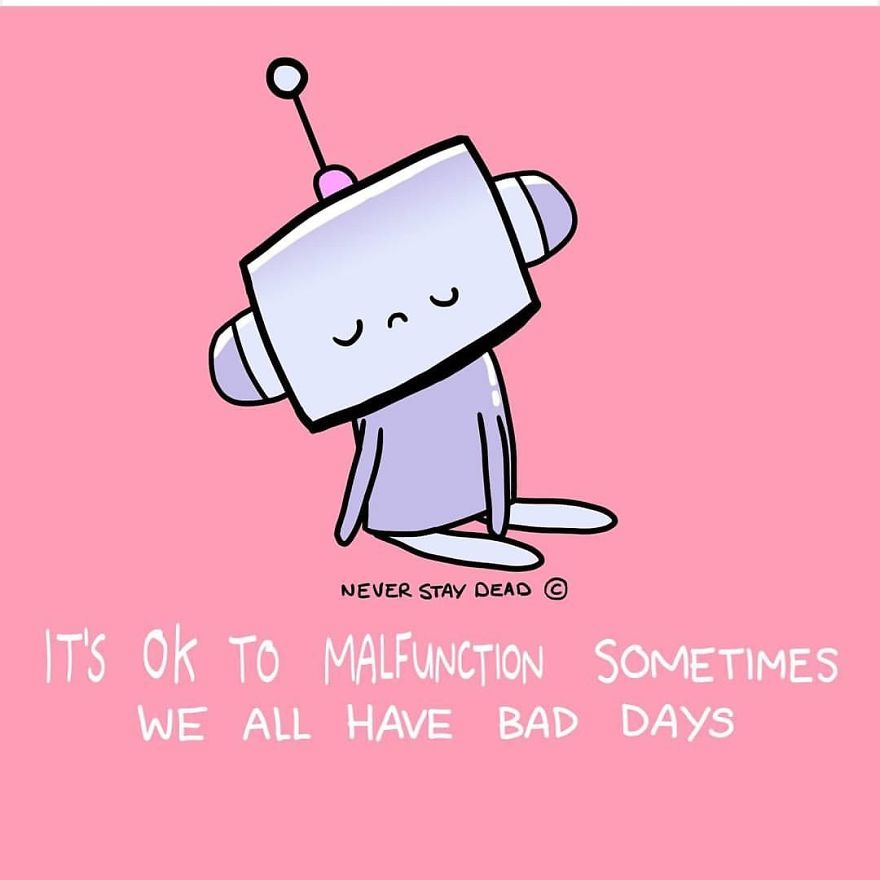I found the points made by Shana Haydock in the article to be very interesting. I personally have not experienced any mental health issues, so I cannot completely understand the emotions that someone with these problems face and am ignorant to the various approaches towards mental health. However, from lecture, I can understand why people are critical of pathologizing and holistic approaches to 'fixing' mental health. It seems that therapists and psychologists are taking a general approach to solving a problem that varies drastically from person to person. Approaches that may work for some people may not work for others. People also have different perspectives on what is considered healthy so it is understandable to want to change the notion of what is 'normal'. I do believe that both pathologizing and holistic approaches have their merits and the best choice would really depend on the individual's goals regarding their mental health. If they disagree with both approaches, then I think it is perfectly fine for the individual to choose their own way of dealing with their mental health. I agree with the author's call for critical psychology to challenge the norms instead of trying to making everything normal. If more psychologists did this, I think this would make the various existing approaches to dealing with mental heath more inclusive.
Question: Are there any approaches sees mental health as more than something that needs to be fixed?
Reference:
- Haydock, S.B. (2016). I WOULD RATHER BE ABNORMAL THAN HOLISTIC: NINE MICRO-ESSAYS. DSM: Asian American Edition, 45-53.
- Never Stay Dead. [Mental Health Awareness Comics]. Retrieved from https://www.boredpanda.com/9-comics-for-mental-health-awareness-week/?utm_source=google&utm_medium=organic&utm_campaign=organic

No comments:
Post a Comment